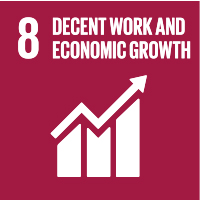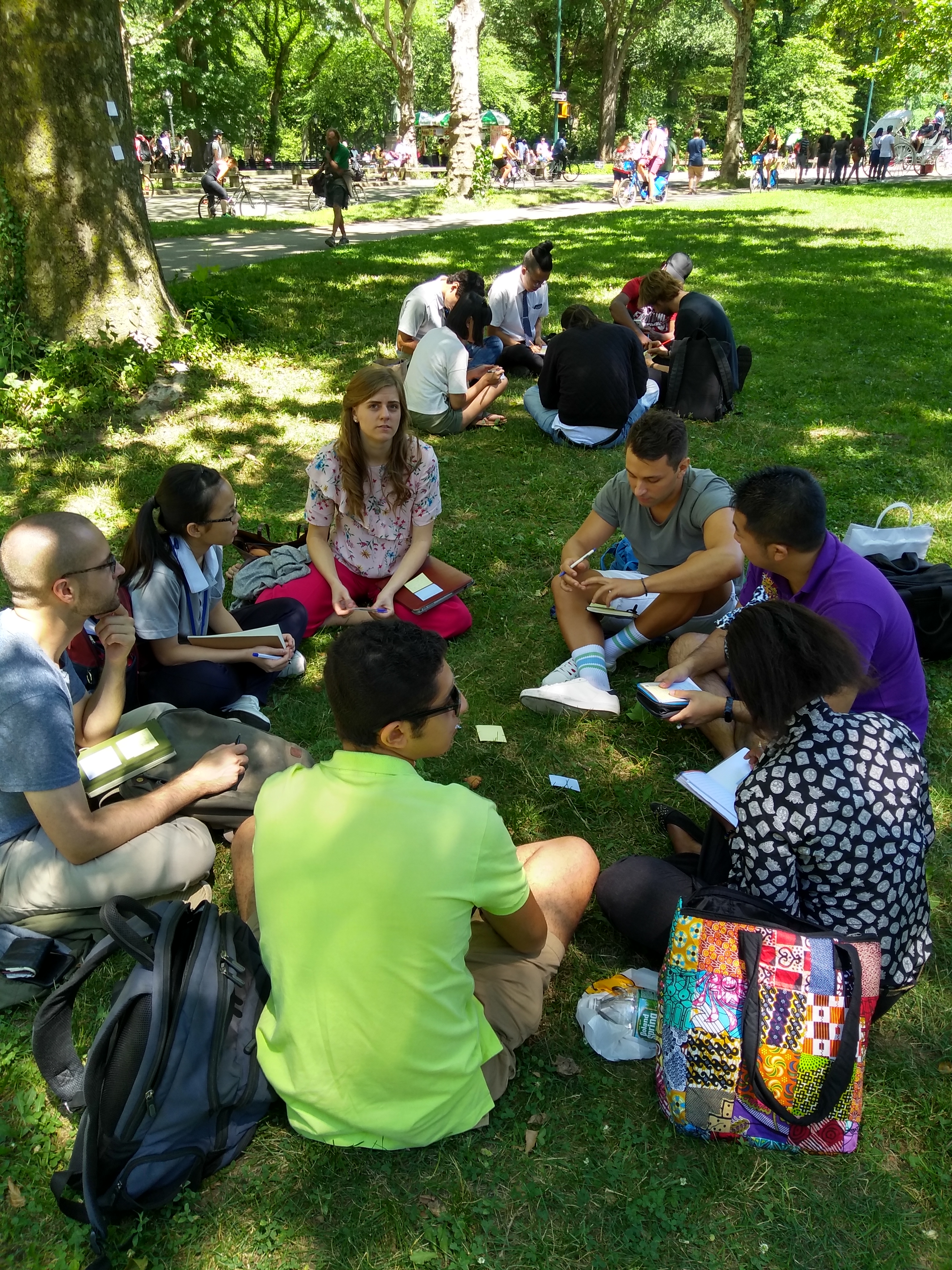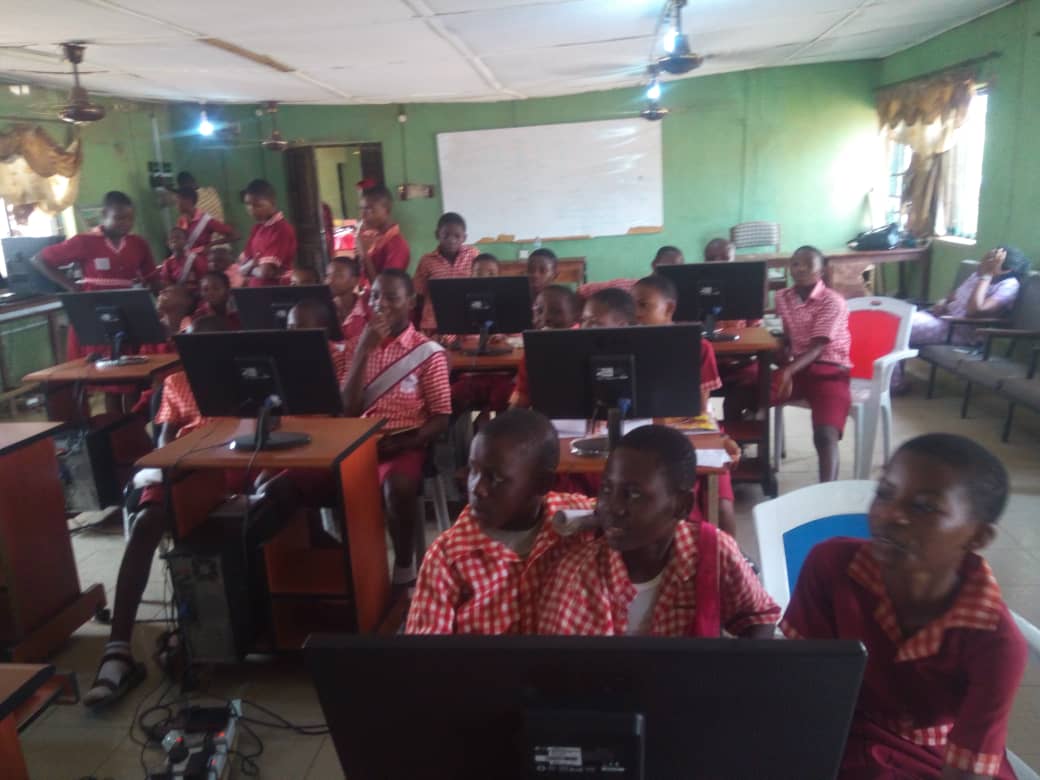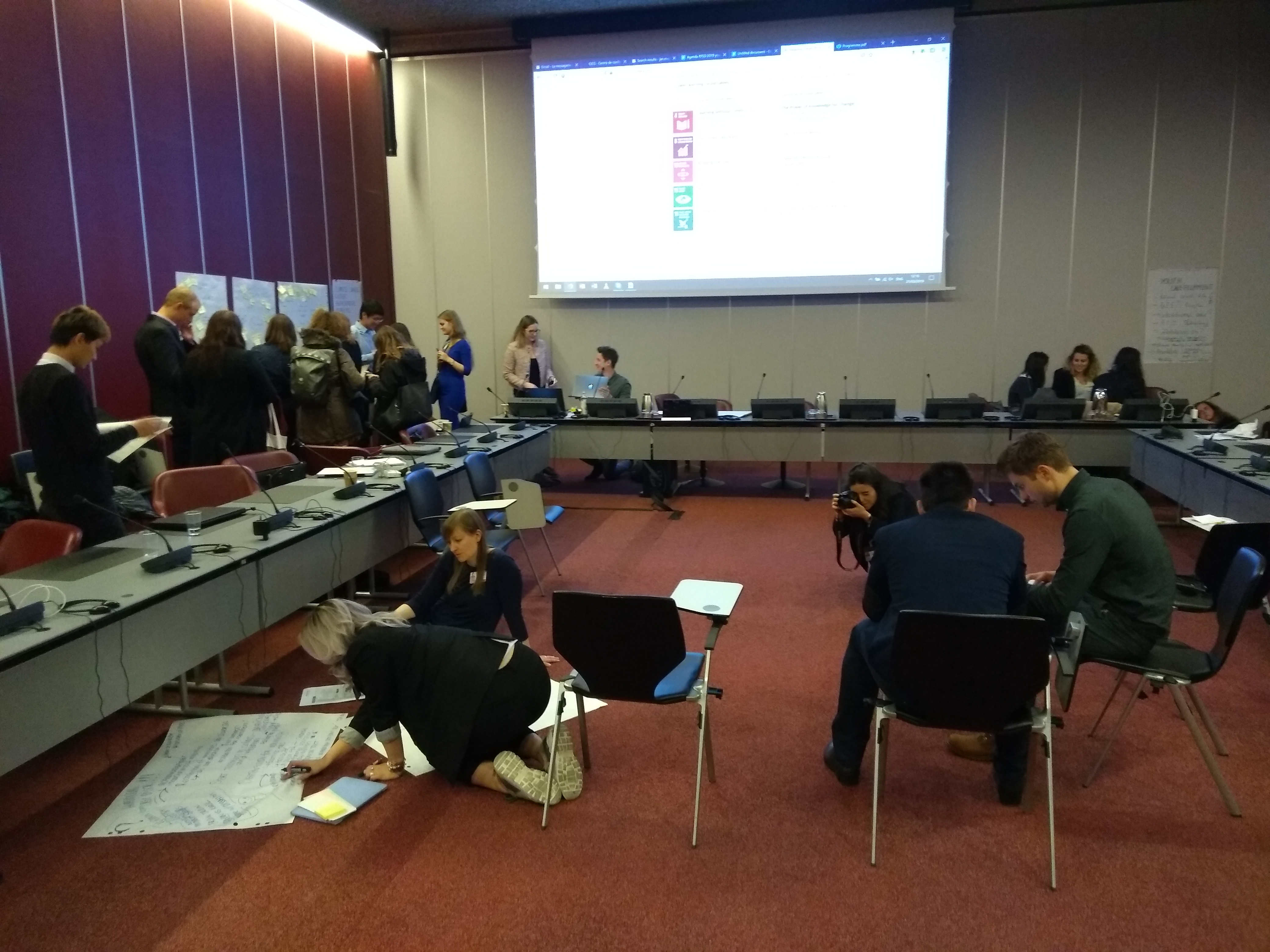Achievement At Glance
Between the start and the end of April, we focused our efforts on background research and preparation. Following the Expert Group Meeting on SDG 8 and the ECOSOC Youth Forum, one webinar and one workshop were organized.
The first of the four planned webinars on Decent Work was held in the second week of May with 25 direct participants. The webinar was subsequently shared with the broader community of over 800 member entities.
The first of the five planned workshops was held in collaboration with a partner alongside the Annual Meeting of the Asian Development Bank. More than 80 young people were in attendance, and the event shaped the dialogue during the annual meeting as well.
In June 2019, a second webinar took place, while one new partner agreed to organise a workshop.
description
The commitment will be led by the Global Focal Points, who work with Regional Focal Points to reach out to local partners and participants, and with Thematic Focal Points to produce content. Partners, such as local or national governments, NGOs, universities, etc will support the workshops for accountability.
By enabling young people to 1) improve their labor market situation and 2) further enable other young people, this commitment contributes to knowledge sharing, capacity building, and policy advocacy among, for, and with young people. With this, the participants and members organizations will create, foster, and grow vibrant youth actions around the world.
Online discussions will enable young people to contextualize the abstract concepts of decent work. UNMGCY are supporting the Initiative through awareness-building and policy advocacy; these young people will then be able to advocate for better labor conditions at home.
As workshops will also feed into the production of positions which will be used in future UNMGCY policy advocacy, majority will take place before the High Level Political Forum (HLPF). After July, any and all workshops will be on working with young people to contextualize Member States’ responses to our work at HLPF, and working to implement those policies at the local and national level.
This commitment will repeat in future years, tailored to meet the goals of new Focal Points, and, hopefully to be improved and contextualized throughout the advocacy cycle.
https://www.unmgcy.org/
https://twitter.com/UNMGCY
https://www.facebook.com/unmgcy/









